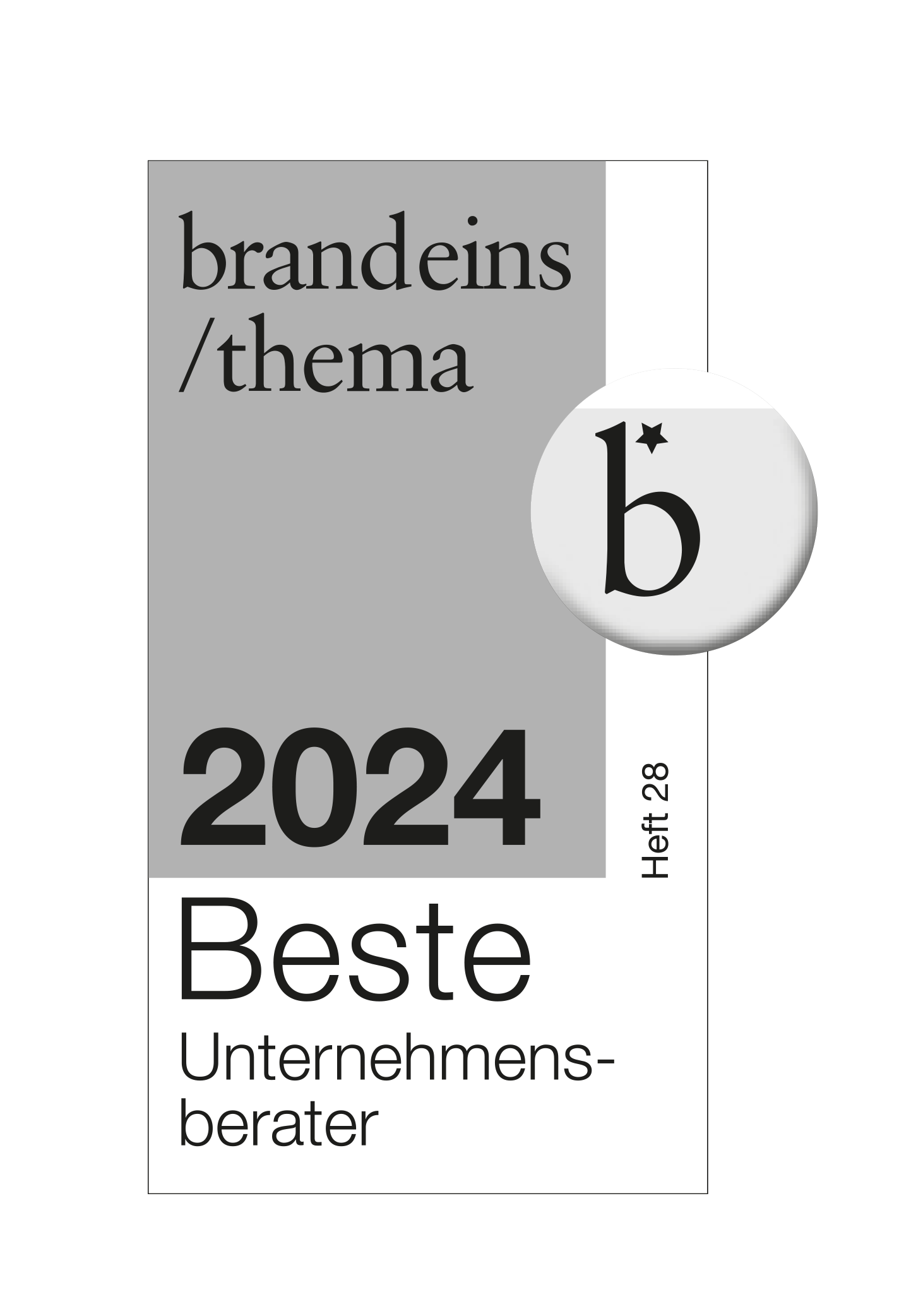On January 1, 2024, the European guideline for sustainability reporting will change significantly. The “Corporate Sustainability Report Directive” (CSRD) of the European Commission is to expand existing rules for non-financial reporting: Thus not only corporations but also smaller companies with more than 250 employees would be required to publish sustainability information.
For many medium-sized companies in particular, this sustainability report will therefore become more relevant. To make the ecological, social or economic commitment measurable in a transparent way, classifiable data is essential.
However, this data does not only concern a collection of sustainability initiatives. For real transparency, figures and facts on emissions, added value chains or resource consumption, among other thing, must be analyzed.
Often, different data of uneven quality is already available. It is collected and maintained in tools, such as Excel tables. However, these data and sources cannot stand up to the extended reporting requirements of corporate sustainability reporting.
Software-supported tools are suitable for meeting the reporting standards. They use information sources, which are already available in the company, such as ERP systems. These often contain invoices from suppliers that can be automatically converted into their corresponding CO2 equivalent using software. Software-assisted tools also offer connectivity to social responsibility: One example here is the analysis of a potential gender pay gap.
Companies do not have to use every piece of information directly for public reporting. Many companies initially use the key figures for internal surveys, which are extremely important for identifying accumulated needs and for setting up and driving sustainability initiatives.Meeting a reporting obligation with modern analysis systems offers the added value of being able to perform complex calculations and simulations. The automation of data analysis goes along with an enormous reduction in workload.
For msg, sustainability is an important value. And those that want to make sustainable decisions must include all aspects to obtain a comprehensive assessment. We support you in deriving and analyzing your sustainability-related areas of responsibility in accordance with ESG, along your entire value added chain – such as with automated sustainability reporting using SAP SCT.
Today, it is no longer sufficient to manage companies solely on the basis of financial aspects. Sustainability aspects are becoming increasingly an obligation through reporting requirements

